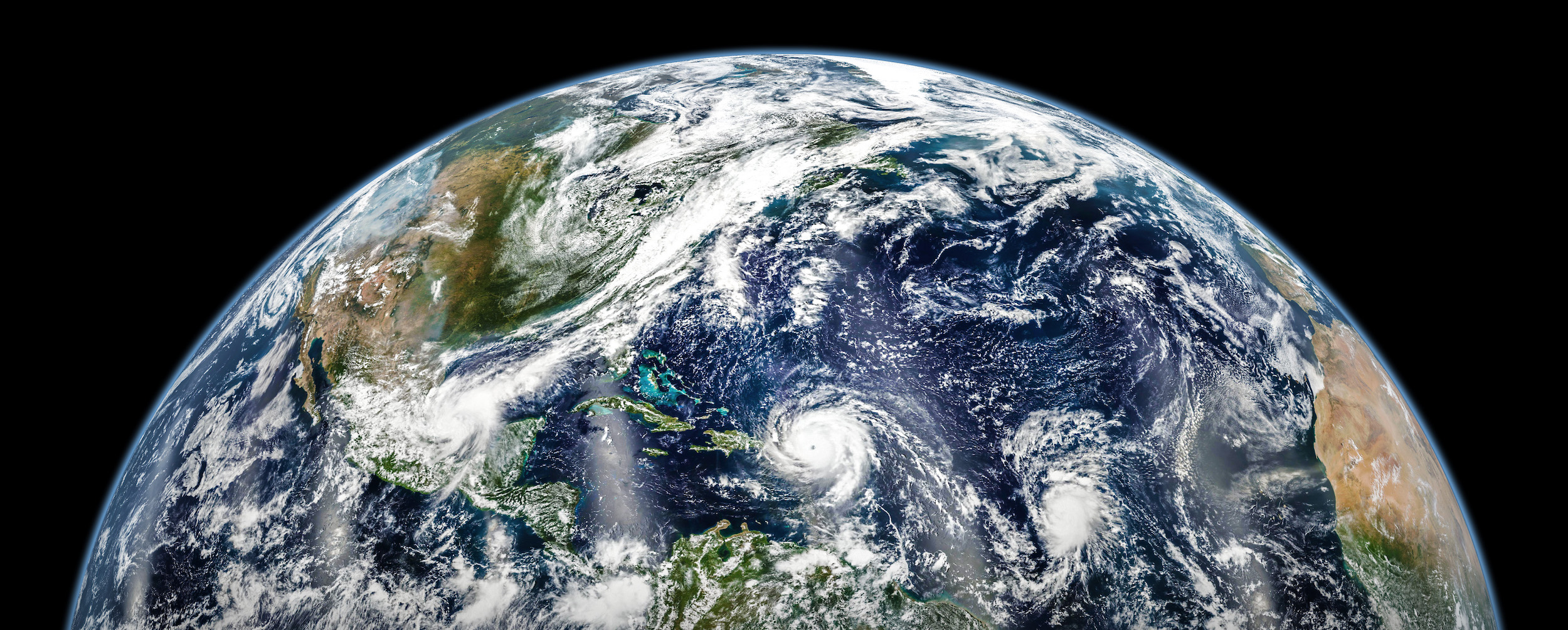[dropcap size=big]A[/dropcap]ll rides on L.A. public transportation are free on Monday in honor of Earth Day, the traditional environmental holiday that is becoming a rallying call for immediate and radical action against climate change.
Single-passenger automobiles are the worst polluting factor among all forms of motorized transit in the state of California, even worse than the shipping and oil industries. L.A. residents are encouraged to leave the cars at home and use the transit system or ride a bike today.
The Metropolitan Transit Authority said free rides began at 4 am on Earth Day, April 22, and continue until 3 am April 23, presumably for anyone out late on a Monday night. This is only the second year in a row that MTA is offering free rides for Earth Day.
"Taking a bus or train instead of driving alone is a good way to reduce the greenhouse gas emissions your activities produce," wrote Steve Hymon at The Source, the MTA's news office. "It’s also a high-impact way to reduce your household’s greenhouse gases."
RELATED: We Have Ten Years to Save the World: Climate Change Is Definitely F*cking Happening ~ An Update
We're celebrating #EarthDay with FREE rides tomorrow on bus, rail and bike! Leave the car at home and take a ride instead -- Mother Earth will thank you. https://t.co/gqNEYrxKNM pic.twitter.com/FWkSQUp3QG
— Metro Los Angeles (@metrolosangeles) April 21, 2019
[dropcap size=big]T[/dropcap]he city's relationship with the automobile is of course a fraught one. L.A. once had the largest rail network in the world. In addition to their high negative environmental impact, cars are blamed for stress-causing traffic — L.A.'s is the worst in the United States — and hundreds of fatal hit-and-runs or accidents a year.
The MTA is pumping billions of dollars into expanding rail west and southwest from downtown on the Purple Line on Wilshire, and with the Crenshaw extension to LAX. Even so, ridership has been trending down on L.A.'s rail and bus lines, forcing officials to consider tougher measures to discourage single-passenger driving, such as taxing motorists in certain areas for driving at rush-hour.
Cars continue to dominate daily life in Los Angeles.
Next year, Earth Day turns 50. It was founded by then-U.S. Sen. Gaylord Nelson of Wisconsin, after he witnessed the devastation of the 1969 Santa Barbara oil disaster, the oil spill that sparked the modern environmentalist movement.







